The Shanghai Cooperation Organisation (SCO)’s eight permanent member states have agreed in principle to Iran’s full membership of the group, almost 15 years after the Islamic Republic first applied. New Foreign Minister Hossein Amir-Abdollahian hailed the acceptance as a victory: “This strategic membership has an important impact on the process of Iran's comprehensive cooperation with neighboring countries, and its Asia-oriented policy.”
Yadollah Javani, the IRGC's political deputy, then wrote in an article: "The acceptance of Iran's permanent membership proves that Iran is part of the Asian and non-sanctionable powers." The development was also trumpeted by Nezamoddin Mousavi, a sitting MP, former director of Fars News Agency and Javan newspaper, which are both affiliated with the IRGC. He declared: "Now, along with Russia, China and India, the Islamic Republic of Iran is becoming the fourth power in the East."
The news was widely shared after President Ebrahim Raisi returned from a two-day SCO summit in Tajikistan. But what has practically changed as a result of the acceptance – is Iran a member of the SCO, and it truly part of an “unsanctionable” bloc, let alone the “fourth power in the East”?
***
The leaders of the SCO voted to approve Iran’s request for full membership last Friday. But this arrangement does not guarantee any political or economic gains; rather, it is likely to provide the Islamic Republic with a short-term boost in regional prestige.
The founding members of the SCO were China, Russia, Kazakhstan, Kyrgyzstan, Uzbekistan and Tajikistan, followed by India and Pakistan in summer 2015. But it took two full years for the latter two to have their membership finalized, with the process finally completed in mid-2017.
Pursuant to Article 13 of the Shanghai Cooperation Organisation Charter, the body’s Council of Ministers has the power to suspend or even expel any member state that does not adhere to or consistently violates its internal tenets. The SCO’s decisions are all consensus-based and all member states have equal voting power.
Before this September, Tajikistan is understood to have been opposed to Iran joining the bloc. The latter was deeply dissatisfied with the Islamic Republic's support for the opposition Tajik Islamic Movement Party, and has been able to block the Islamic Republic's membership bid for at least the past half decade.
The SCO may therefore impose a similarly long delay in admitting the Islamic Republic to its ranks. If the experience of India and Pakistan is anything to go by, the country could be waiting years for its membership to be finalized. Iranwire therefore awards a "misleading" badge to the claim by Hossein Amir-Abdollahian that Iran’s membership bid has been approved; while this is technically true, nothing is yet set in stone and Iran is still not currently a member of the SCO.
Iran is Clearly “Sanctionable”
The claim by the IRGC’s political deputy that Iran was joining a “non-sanctionable” group of countries made little sense. The Islamic Republic of Iran is currently under one of the most severe, multi-faceted and constraining global sanctions programs in the world, imposed mainly by the US but also by the European Union.
These have been in place since the early 1980s because of Iran’s hostile behavior – from the 1979 US embassy hostage crisis and the 1983 bombing of a US marine base in Beirut onward – to nuclear brinkmanship and ongoing human rights violations. The Trump Administration re-imposed sanctions in 2018 after unilaterally withdrawing from the JCPOA, and other targeted sanctions against individuals and entities have been issued by the US Treasury since then.
The sanctions have largely remained in place under Trump's successor, President Joe Biden. The three most powerful powerful full members of the SCO, Russia, China and India, have at least on the surface complied with US and EU sanctions against the Islamic Republic.
Sanctions can be imposed by any third country in the world on a given state, and depending on the extent of their geopolitical bargaining power, other countries can choose whether or not to adhere to them. The SCO is not in a position to stop this from happening. IranWire therefore awards Yadollah Javani’s claim that the Islamic Republic is now part of a “non-sanctionable group” a "Pinocchio lie” badge: a statement that has already been proven to be untrue based on existing evidence and research, or in other words, a blatant lie.
The Ill-Defined ‘Fourth Power’
Nezamoddin Mousavi, a sitting MP and ex-head of the IRGC-aligned Fars News Agency and Javan newspaper, then claimed that with SCO application granted, Iran was on the way to becoming “the fourth power in the East”. This too was highly suspect.
The SCO’s over-arching purpose is to establish a new balance of power in Asia to rival the North Atlantic Treaty Organization (NATO). Despite this, two decades after its establishment the SCO still lacks a common defense treaty between its members. The four SCO states with the largest military might are Russia, China, India and Pakistan and all possess nuclear weapons, whereas Iran does not. As a previous fact-checking article by IranWire found last year, Iran also cannot be considered one of the world’s top 10 military powers.
As such, assuming that Mousavi was referring to Iran’s military strength in his appraisal of it becoming the “fourth power in the East”, IranWire must award this claim a “not true” badge: a false statement about a specific new event.
For more information on our fact-checking methodology, click here.
Read other articles in this series:
Fact Check: Does the Islamic Republic of Iran Execute Minors?
Fact Check: Are Most Iranian Street Children Foreign Nationals?
Fact Check: Is the Islamic Republic of Iran a "Top" Country?
Fact Check: Does Iran Have One of the Strongest Militaries in the World?
Fact Check: How Big of a Lie is the Guards' Coronavirus Detector?
Fact Check: Army Commander Lies About Iran's Speed Boats
Fact Check: Does the Islamic Republic Really Fight Corruption?
Fact Check: Iran's Judiciary Is Not and Has Never Been Independent
visit the accountability section
In this section of Iran Wire, you can contact the officials and launch your campaign for various problems




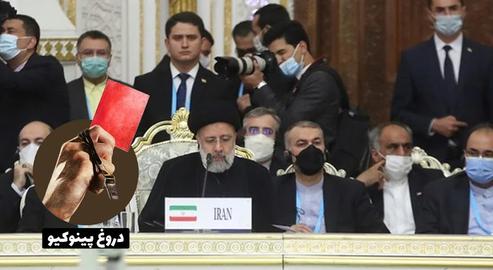
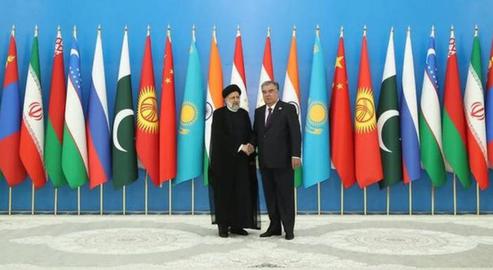

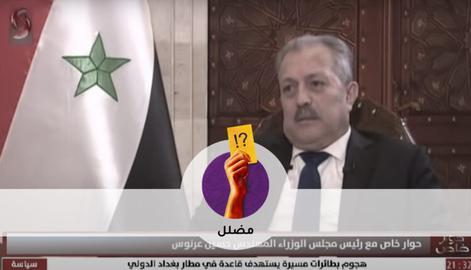

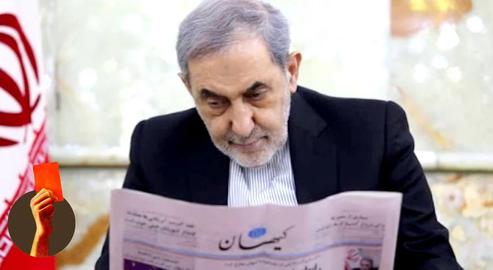

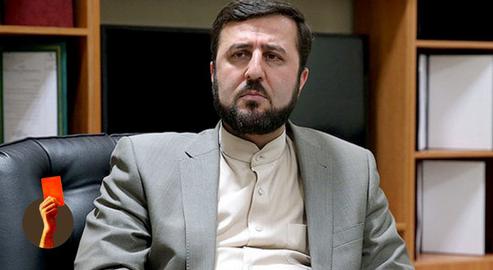
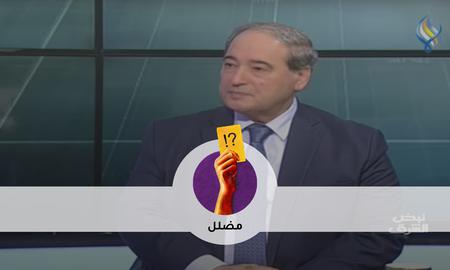
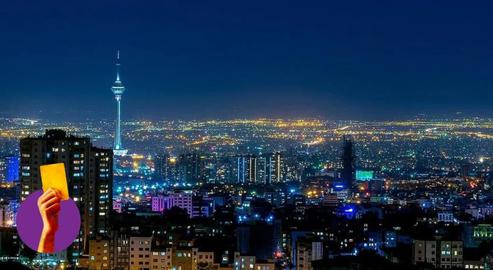
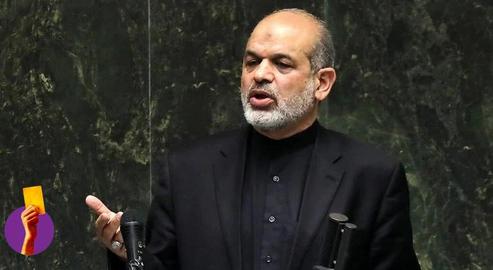
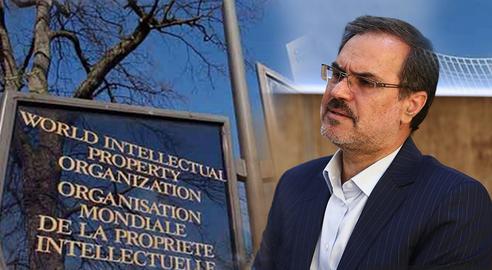

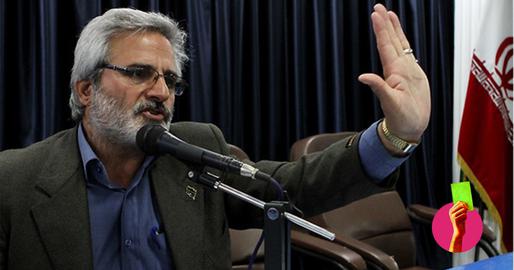
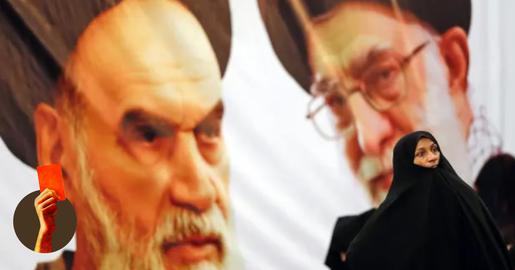
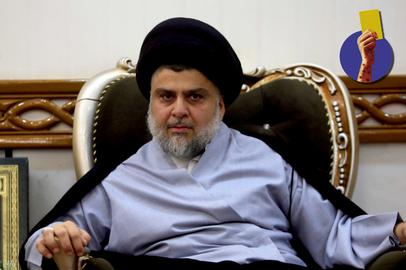
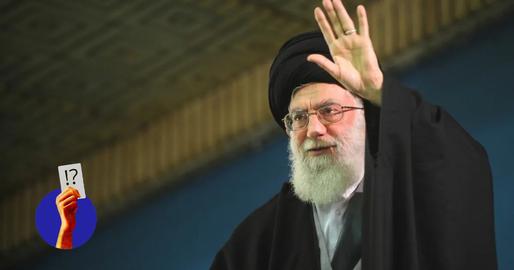

comments